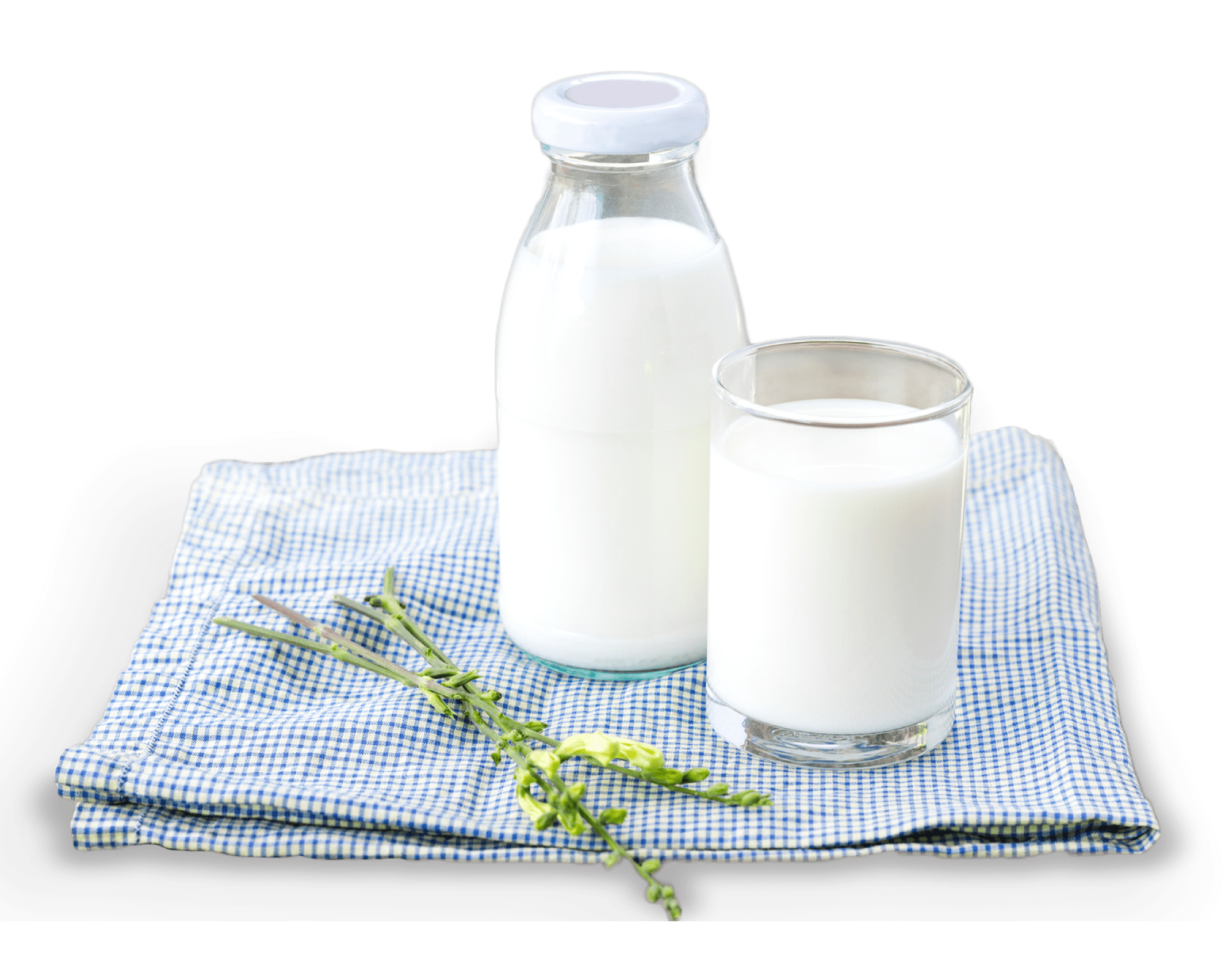SUPPORTING HEALTHCARE PROFESSIONALS
We are committed to equipping healthcare professionals with evidence-based resources to help guide their patients toward healthier dietary choices. From supporting growth and development in children to aiding in chronic disease management, dairy offers unique benefits backed by decades of scientific studies and ongoing research.
Discover how milk and dairy can support your patients’ health and explore practical tools designed to make integrating these benefits into daily eating patterns easier. Together, we can support healthier communities, one patient at a time.
DAIRY MATRIX
Research recognizes that the health effects of food are more complex than single nutrients. The Dairy Matrix shows the extensive nutritional benefits offered in dairy.

